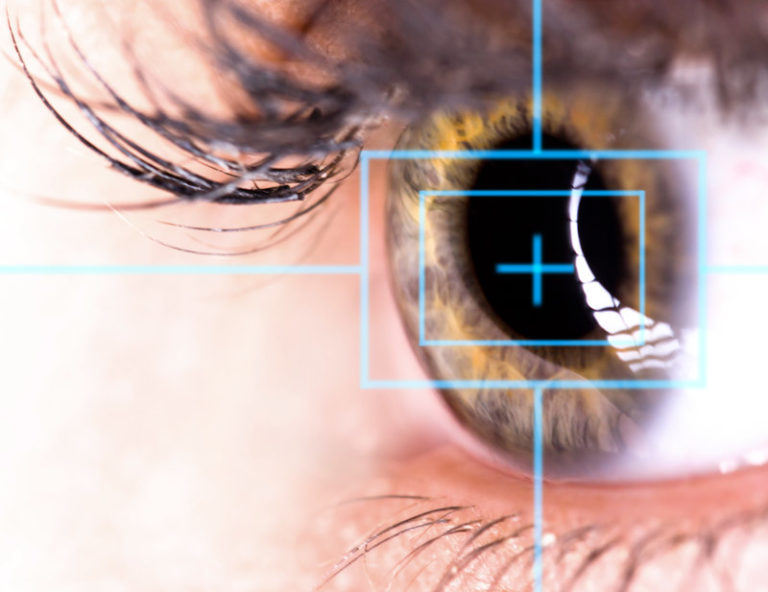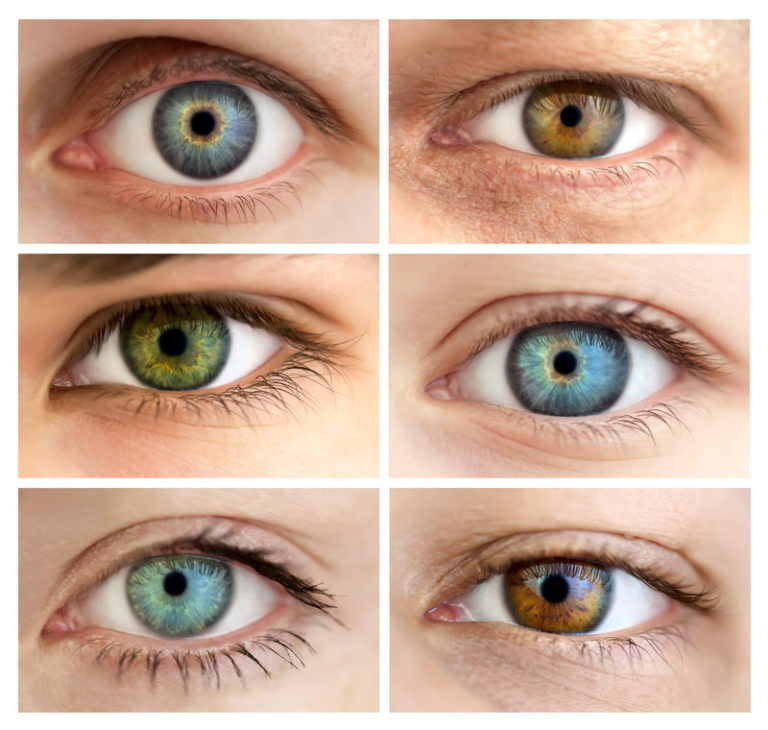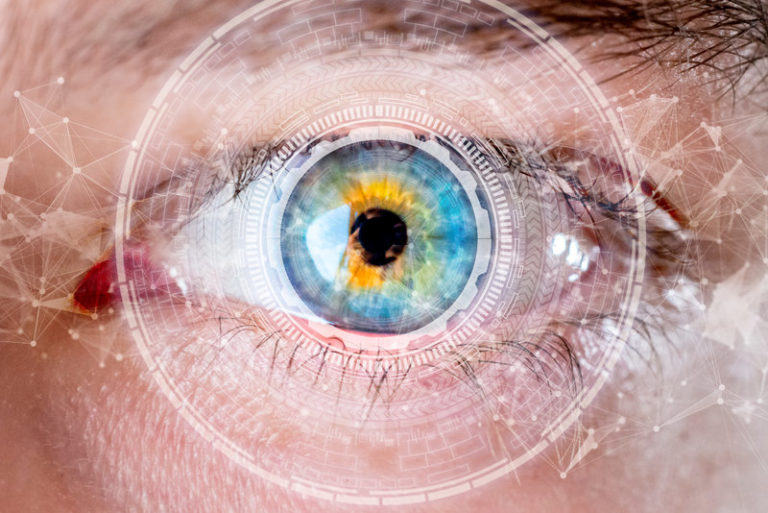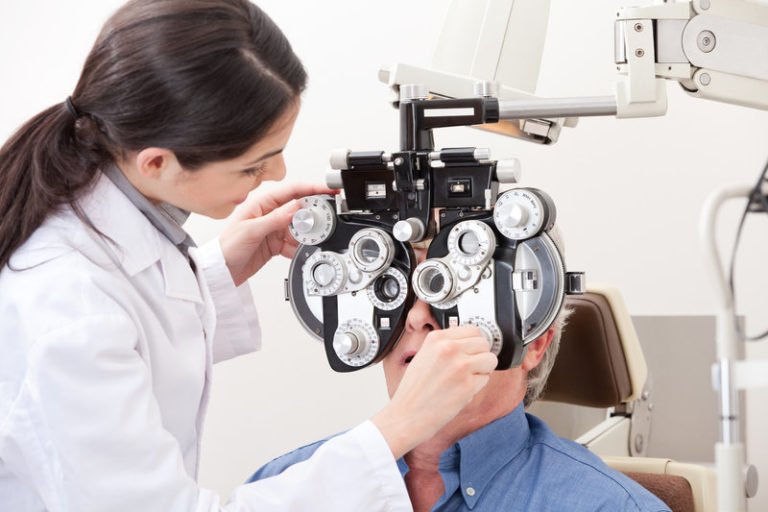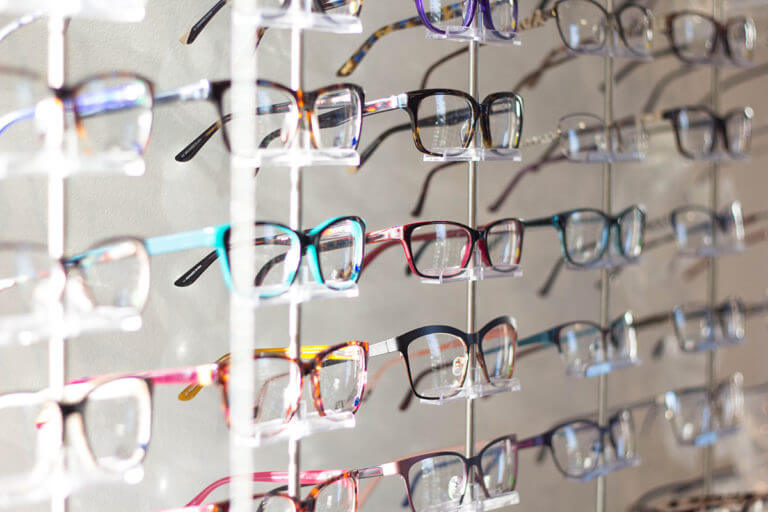8 Criteria For A Good LASIK Candidate
Posted by: Atlantic Eye Institute in LASIK
Are you considering LASIK surgery? You’ll be joining millions of Americans who enjoy lens-free or reduced, lens-dependent lives as a result of this simple, outpatient, corneal correction. Successful LASIK surgeries are performed on adults of all ages, but there are certain criteria that make for a good LASIK candidate, and factors that may mean LASIK…
Read MoreOphthalmologist vs Optometrist: What Is The Difference?
Posted by: Atlantic Eye Institute in Education
Your vision and eye health depend on routine checkups from eye care providers. Knowing which type of eye care provider to select – ophthalmologist versus optometrist – depends on your particular diagnosis or treatment needs. While most people will only ever see an optometrist for a standard eye exam or lens/prescription changes for the majority of their lifetime,…
Read MoreHow LASIK Eye Surgery Works
Posted by: Atlantic Eye Institute in LASIK
In 1999, the FDA approved LASIK eye surgery as a safe method for restoring specific refractive errors, which can reduce or eliminate the need for glasses or contacts. More than two decades later, ophthalmologists perform roughly 600,000 LASIK surgeries each year. The vast majority of which leave patients with improved vision and freedom from the need to wear eyeglasses or contacts regularly. To date, the FDA has approved LASIK eye surgery for…
Read MoreHow Often Should You Get an Eye Exam?
Posted by: Atlantic Eye Institute in Eye Exams
Vision is a funny thing because the brain is such an incredible adaptor. As your vision fades, the brain quickly adapts to accommodate vision loss. Unless the loss is sudden or dramatic, this tricks you into thinking you can see just fine when, in fact, it’s time for a new eyeglass prescription. This is why most optometrists and ophthalmologists recommend complete eye exams at…
Read MoreEye Strain Caused by Too Much Screen Time
Posted by: Atlantic Eye Institute in Dry Eye,Education,Eye Exams
screen time has led to an increase in complaints of eyestrain, dry eye, headaches and insomnia. During Workplace Eye Wellness Month in March, Atlantic Eye Institute joins the American Academy of Ophthalmology in offering tips to desk workers everywhere whose eyes may need relief from too much screen time.
Read MoreDiabetes and the Health of Your Eyes
Posted by: Atlantic Eye Institute in Education,Eye Exams
One-third of diabetics don’t know the effects the condition has on their eyes. Find out what you can do to prevent blindness caused by diabetes.
Read MoreLASIK Testimonials
Posted by: Atlantic Eye Institute in LASIK
As a fighter pilot, my eyes are my life and I trusted the eye surgeons at Atlantic Eye Institute with my LASIK procedure and eye care. I now have 20/15 vision day and night because of these extremely skilled and knowledgeable doctors. The staff is wonderful, too! They went above and beyond to make sure…
Read MoreGlaucoma: The “Silent Thief of Sight”
Posted by: Atlantic Eye Institute in Glaucoma
Glaucoma is an eye disease that affects over 3 million Americans, but only 50% of those know they have it. It’s characterized by increased pressure within the eye. It’s also responsible for ~10% of blindness cases in the U.S. How do I know if I have Glaucoma? There are several factors that increase your risk,…
Read MoreHarmful Eye Makeup: How to Protect Your Eyes
Posted by: Atlantic Eye Institute in Education,Eye Exams
We love to make our eyes stand out with different beauty products. Eyeshadow, eyeliner, mascara…but it’s important to remember that putting anything that close to your eye can potentially be harmful. We’ve compiled some cosmetic safety tips so you can look beautiful AND protect your eyes. Allergic Reactions If you’re someone who is prone to…
Read MorePicking Out the Right Glasses for Your Face
Posted by: Atlantic Eye Institute in Eye Exams
Over time, glasses have become more than just a necessity for people; they’ve also grown in popularity as a fashion accessory. Whether your glasses are being used for function or fashion or both, the right pair of frames can enhance your appearance by drawing attention to your best features. So, how do you know how…
Read More

